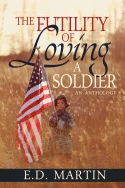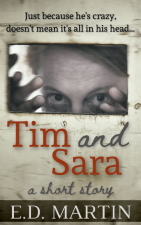As an aside – one of the great things about networking with other authors is that they often give you free ARCs (advanced reader copies) of their upcoming books to review. I’ll be looking for some ARC readers in late October for my novel, The Lone Wolf, due out in December. If you’re interested, please sign up for my mailing list (link on the left) for details.
Author K.M. Weiland does a bit of everything – writing fantasy and speculative fiction, mentoring new writers, and blogging helpful tips about the writing process. Her new book, Structuring Your Novel: Essential Keys for Writing an Outstanding Story, is a must-read for anyone writing a novel, no matter what stage she’s at in the process.
The book is a companion to her Outlining Your Novel: Map Your Way to Success. Part one walks writers through the basic structure of a 3-act story, from writing a strong opening hook, setting the tone and defining the setting, to writing an ending that readers will love.
Part two focuses on scene development. She delves into Randy Ingermanson‘s scene/sequel (action/reaction) idea, expanding on it with ideas for scene disasters, conflicts, dilemmas, and decisions, as well as variations that still work in the context of a structured scene.
Part three is about structuring your sentence – about what makes prose good. This for me was the most helpful section and what I’d be most likely to refer to other writers. She covers participles and parallelism (a huge thing for me), run-ons and fragments, as well as how to get rid of stuff you don’t need, like modifiers and filter words.
Throughout the book, Weiland gives detailed examples from movies and books, as well as coming back to the same four in every chapter: Pride and Prejudice, It’s a Wonderful Life, Ender’s Game, and Master and Commander: The Far Side of the World. It’s her examples that really make this book useful; it’s one thing to tell us about a concept, but much better to show us through real-life examples.
Overall, this is probably one of the most helpful writing books I’ve read, and one I definitely want on my shelf.






